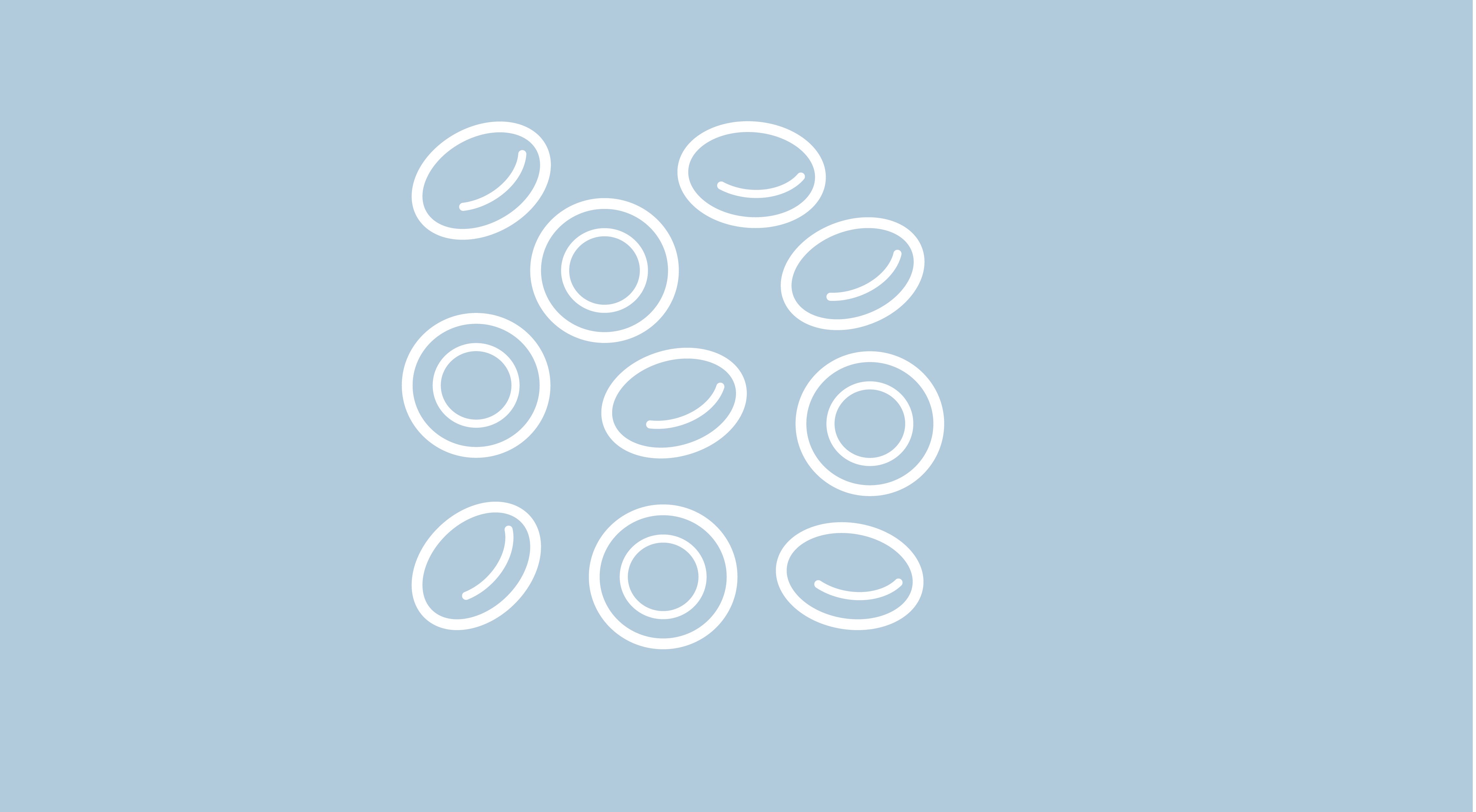Cilta-Cel Induces Deep and Durable Responses in Patients with Multiple Myeloma
At 12 months, 97% patients treated with single infusions of cilta-cel had responded to the therapy.
Cilta-Cel Induces Deep and Durable Responses in Patients with Multiple Myeloma

Single infusions of ciltacabtagene autoleucel (cilta-cel)were associated with early, deep, and durable responses in patients with relapsed or refractory multiple myeloma who were heavily pretreated, according to study results published in Lancet.
The single arm, open label, phase 1b CARTITUDE-1 study, evaluated 97 patients who were treated with single cilta-cel infusions at the recommended phase 2 dose (0.75 x 106 CAR-positive viable T cells per kg). There were 113 participants, of which 97 received cilta-cel infusion treatments.
The overall response rate was 97% (95% CI, 91.2–99.4), including 65 patients (67%) who achieved stringent complete response. The 12-month progression-free survival (PFS) rate was 77% (95% CI, 66.0–84.3) and overall survival (OS) rate was 89% (95% CI, 80.2–93.5). Median PFS and OS had not yet been reached as of the September 1, 2020, clinical cutoff. While the time to first response was 1 month, responses reportedly deepened over time.
“The rapidity and depth of response further suggest the potential of CAR T-cell therapies for changing the multiple myeloma disease course,” said lead authors, Jesus G Berdeja, MD, Sarah Cannon Research Insitute, and Deepu Madduri, MD, Mount Sinai Medical Center. They expressed that “Cilta-cel is a structurally differentiated CAR T-cell therapy featuring two BCMA-targeting single-domain antibodies designed to confer avidity. Cilta-cel showed unprecedented clinical activity compared with other novel anti-myeloma treatments in comparable study populations.”
The trial included patients with multiple myeloma who were 18 years and older. All participants had received 3 or more lines of therapy or were double refractory to a proteasome inhibitor and an immunomodulatory drug, and had received a proteasome inhibitor, immunomodulatory drug, and anti-CD38 antibody, prior to the initiation of the trial.
Single cilta-cel infusions began 5 to 7 days after the start of lymphodepletion and were administered at the target dose 0.75 × 106 CAR-positive viable T cells per kg.
The authors noted that the previous frequent use of lenalidomide and autologous stem-cell transplantation (ASCT) may have resulted in myelodysplastic syndrome or acute myelogenous leukemia in the study.In addition, a total of 6 adverse event (AE)-related deaths occurred during the study. The authors argued that both the incidence of myelodysplastic syndrome or acute myelogenous leukemia, as well as the number of fatal events, were comparable to total incidences reported in other populations of heavily pretreated patients with multiple myeloma.
The findings also showed that cytokine release syndrome occurred in 92 patients. Most cases were grades 1 or 2 and almost all cases were resolved through treatment with tocilizumab, corticosteroids, and anakinra. In comparison to another anti-BCMA Car T-cell therapy, the median time to onset of cytokine release syndrome was much longer (2 vs 7 days, respectively). The study authors explained that the low-weight-based dose of infused CAR T cells might be responsible for the cilta-cel safety profile.
Twenty-one percent of patients experienced neurotoxicity; out of which immune effector cell-associated neurotoxicity syndrome (ICANS) accounted for 17%. While the incidence, type, and grade differ from other investigational CAR T-cell therapies, the number of AEs was comparable to those reported with those therapies.
Further studies (CARTITUDE-2 and CATITUDE-4) assessing cilta-cel will address outpatient dosing in order to reduce AEs.
“To minimize risk for patients in the ongoing cilta-cel clinical development program, monitoring and mitigation strategies were implemented, including enhanced bridging therapy to reduce baseline tumor burden, early aggressive treatment of cytokine release syndrome and ICANS, handwriting assessments for early detection of neurotoxicity symptoms, and extended monitoring and reporting time for neurotoxicity up to 1 year after cilta-cel infusion,” the authors concluded. “Overall, cilta-cel has a manageable safety profile at the recommended phase 2 dose that is generally consistent with the current understanding of CAR T-cell therapy.”
Reference
Berdeja JG, Madduri D, Usmani SZ, et, al. Ciltacabtagene autoleucel, a B-cell maturation antigen- directed chimeric antigen receptor T-cell therapy in patients with relapsed or refractory multiple myeloma (CARTITUDE-1): a phase 1b/2 open-label study. Lancet. 2021; 398 (10297), 314-324. https://doi.org/10.1016/S0140-6736(21)00933-8
Shared Model of Care Post-HCT Offers Safe Follow-Up, Reduces Patient Burden
Published: March 19th 2025 | Updated: March 19th 2025Alternating post-HCT care between specialized facilities and local cancer centers produced noninferior non-relapse mortality and similar quality of life to usual care.


